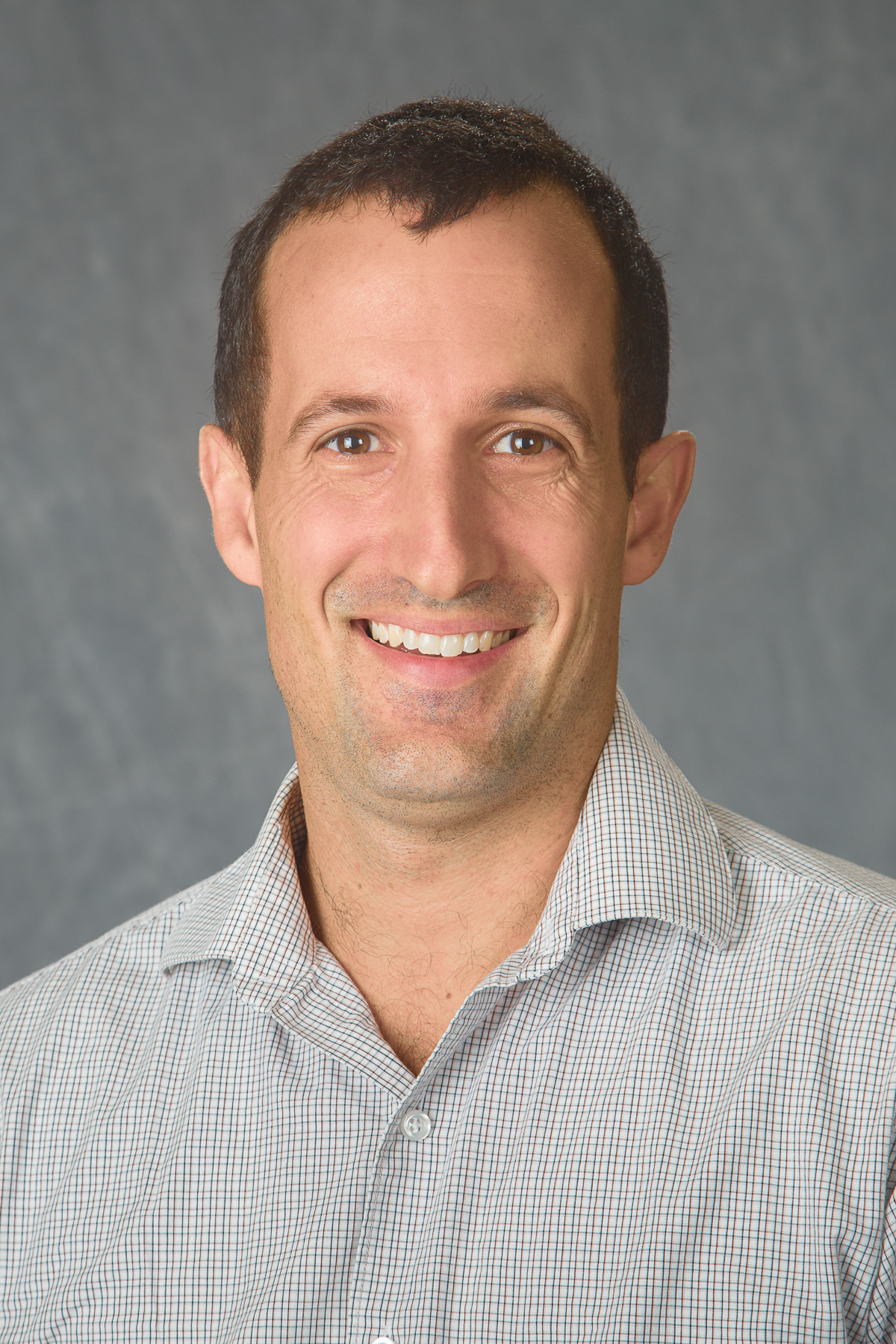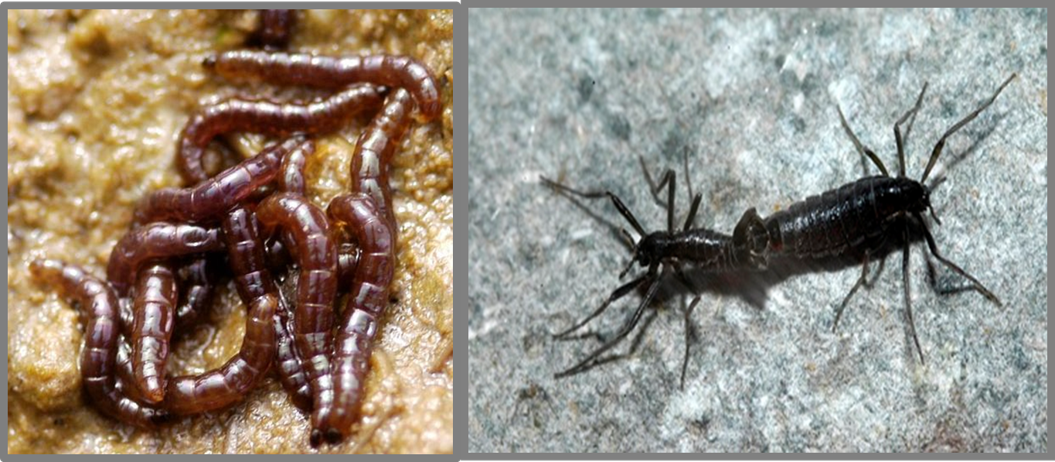Residence Credit For Doctor's Degree
May be repeated indefinitely.
May be repeated indefinitely.
Experimental methodology and host-parasite relationships of the protozoan and helminth parasites of domestic animals.

Insect species distributions are tightly linked to winter conditions. Surviving winter requires adaptations to cope with low temperatures and limited food resources, and much of our lab’s work focuses on the underlying mechanisms used by insects to survive extreme winter conditions. In this talk, I will primarily discuss our recent work on survival mechanisms of the Antarctic midge, which is the world’s southernmost insect and the only species endemic to Antarctica. This species can survive freezing of its body fluids for up to nine months a year, but it must also cope with considerable spatial and temporal variability in Antarctica’s unpredictable environments. Here, I will summarize how this impressive beast survives internal freezing, as well as the consequences of microhabitat variability and winter climate warming.

Larvae (left) and adults (right) of the Antarctic midge
Fieldwork
Review of current literature in the field of metallurgical engineering and presentation of papers thereon. Presentation of talks on departmental research. Group and panel discussions. Required of all graduate students every semester. Lecture, one hour per week.
The study of music inspired by the plays of Shakespeare, Shakespeare's use of music in his plays, and an overview of music in Elizabethan times. The course is designed for non-majors.
A survey of selected business law topics to include: corporations, partnerships, secured transactions, sales, and bankruptcy.
Systems analysis is used to examine organizations from two perspectives: (1) intra-organizational linkages among goals, technical subsystems and structural subsystems, and (2) organizational linkages with institutions, parties and cultures in its environment.
This course will focus on the cellular and molecular physiology of inter-and intracellular communication. In particular, it will provide an overview of established and emerging intracellular signaling mechanisms which utilize i) cyclic nucleotides (cAMP; cGMP), ii) calcium (phosphatidylinositol metabolism: cyclic ADP-ribose), iii) transmembrane ion fluxes tyrosine kinases, and v) nuclear transcription factors. The material will be presented in a number of formats including didactic lecture and group discussions of selected readings.
The course provides basic concepts of immunology and of bacterial, viral, fungal and protozoal biology. It focuses on mechanisms of human immunity, immunologically mediated disease, and pathogenesis in infectious disease. The material covered includes relevant pathology associated with both immunologic and infectious diseases, and a brief summary of infectious diseases from an organ system perspective. Lecture, 20 hours per week.